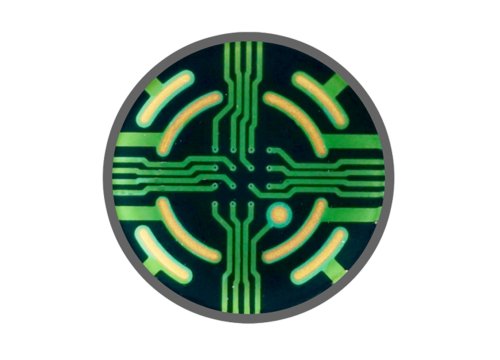Authors: Chour T, Tian L, Lau E, Thomas D, Itzhaki I, Malak O, Zhang JZ, Qin X, Wardak M, Liu Y, Chandy M, Black KE, Lam MP, Neofytou E, and Wu JC.
JCI Insight, 08 April 2021
Common chemotherapy drug may hold key to advancing cardiac stem cell therapies
Advances in stem cell therapy have the potential to transform care and restore function for people with certain cardiac conditions, but concerns that residual undifferentiated stem cells could lead to teratoma formation after cardiac cell transplantation have slowed the ability to test therapies in human clinical trials. However, new research shows that the widely used chemotherapy drug doxorubicin eliminated undifferentiated stem cells in vitro and prevented teratoma formation in animal models—a novel finding that may be an important step for clinical applications of cardiac cell transplantation.
To demonstrate the potential safety and efficacy of doxorubicin as a purifying agent against proliferative undifferentiated cells, researchers used functional analysis, immunohistochemistry staining, teratoma models, transcriptomic profile, and proteomic analysis. By measuring the local extracellular action potential (LEAP) on Axion’s Maestro Pro multielectrode array (MEA) system to assess in vitro cardiac activity, they showed no significant difference in action potential duration or beating rate. Along with results from other testing, these findings demonstrate that embryonic stem cell-derived cardiomyocytes (ESC-CMs) treated with an optimal doxorubicin dosage retain contractility and electrophysiology characteristics similar to those of untreated ESC-CMs. Scientists hope this research demonstrating that doxorubicin can eliminate undifferentiated stem cells and prevent teratoma formation while maintaining cardiac functionality may help to promote the clinical translation of cell therapies in the future.


